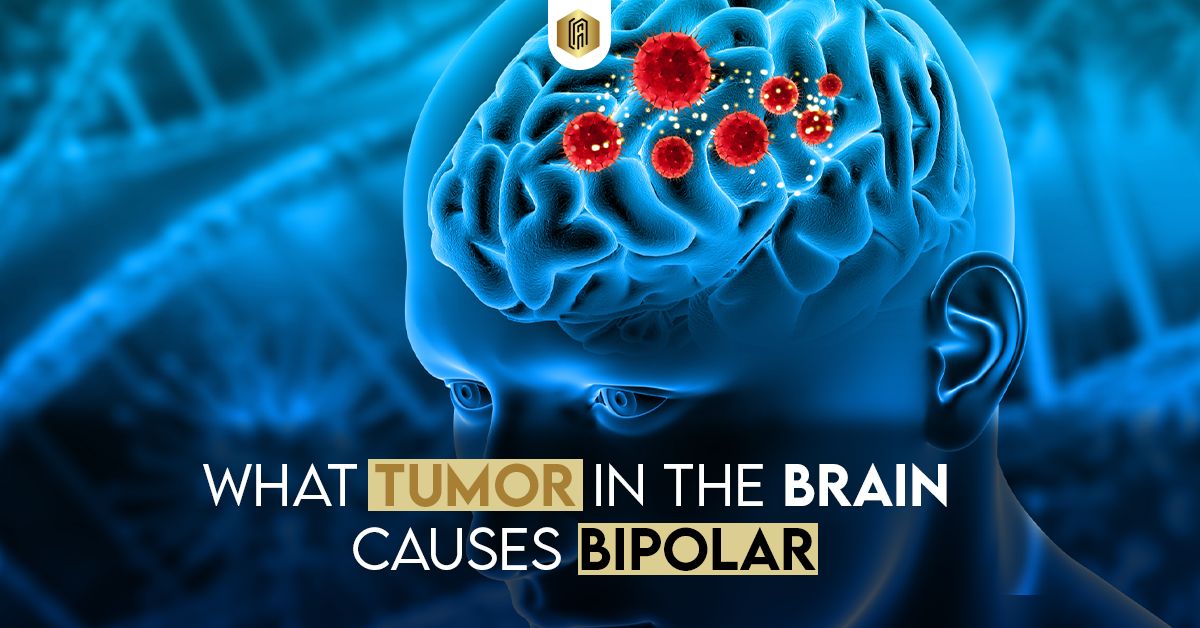Did you know brain tumors can change your emotions? They might cause mood swings like those in bipolar disorder. These tumors can drastically change your mental state. It’s interesting how our physical health connects with our feelings. So, “what tumor in the brain causes bipolar?” Explore the brain tumor linked to bipolar disorder. We’ll discuss its effects on behavior and treatment options.
Ascension Psychiatric Services shows how brain tumors affect behavior. We support emotional and mental health. Contact us today!
How Does the Brain Handle Emotions?
Think of your brain as the body’s main boss. It directs your movements, thoughts, and feelings. Different parts manage emotions. Happiness activates one part, while sadness and anger affect others. This creates a rich experience.
For example:
- The frontal lobe handles decisions and impulses.
- Memory and emotion intertwine in the temporal lobe. They shape our experiences.
- The limbic system helps regulate emotions like fear and joy.
Issues like a brain tumor or lesion can disrupt balance. This may cause mood swings, personality changes, or behavioral issues.
What Is Bipolar Disorder?
Bipolar disorder is a mental health issue. It causes intense mood swings. These mood oscillations could persist for several days or weeks and might encompass:
- Mania: Joy leads to risky decisions. Your body is full of energy, and caution fades. Rational thinking gives way to impulse.
- Depression: Experiencing deep sorrow, fatigue, or despair.
The exact cause of bipolar disorder isn’t certain for medical professionals. They think that a mix of brain chemistry, genetics, and experiences causes it.
Can a Tumor Cause Symptoms Like Bipolar Disorder?
Certain brain tumors might trigger sensations akin to bipolar disorder. This is because they are found in regions that handle emotions. The tumor doesn’t cause bipolar disorder. But, it might lead to related issues. These might include extreme emotions or actions that have big ups and downs.
Types of Brain Tumors Linked to Mood Changes
Some brain tumors can unexpectedly impact emotions. Let’s examine a few.
- Gliomas: These tumors grow in the brain’s support tissues. They can squeeze parts that control emotion, causing mood swings.
- Meningiomas: Usually not cancerous, they may still push against the brain. This can lead to shifts in personality or behavior.
- Pituitary Tumors: This gland is in charge of hormones. Tumors can disrupt them. Emotions fluctuate wildly on this unpredictable journey.
Each kind impacts the brain in its own way. Any of them could trigger bipolar-like changes.
What is a Brain Lesion?
Brain tissue can sometimes get hurt. This damage is called a lesion. It’s different from a tumor but can still mess up brain function. Many things can cause these lesions, like injuries, infections, or illness. Lesions can impact feelings, remembering things, and how we act. Suppose a lesion hits areas in the brain in charge of our emotions. In that case, it may lead to mood changes or other emotional shifts.
How Do Brain Tumors Impact Behavior?
Brain tumors may significantly alter an individual’s behavior and personality.
- Mood Swings: One may experience quick transitions between happiness and distress.
- Irritability: A person might get frustrated or annoyed for no reason. (Can brain tumors cause anger issues?)
- Psychosis: It’s unusual, but a tumor can lead a person to perceive things that don’t exist in reality, like hearing or seeing things. (Can a brain tumor cause psychosis?)
Brain tumor behavior changes act like a storm. They disrupt communication in the brain. The tumor disrupts signals, causing confusion, like a radio on static.
Symptoms to Watch For
Brain tumors bring more than emotional shifts; they can lead to physical issues as well. Keep an eye out for:
- Endless headaches
- Problems with memory
- Difficulty focusing
- Alterations in sleep or energy
Detecting unexpected swings in mood or behavior? Consult a doctor.
Diagnosing Brain Tumors
Several tools help doctors detect brain tumors.
- Imaging Tests: Tools like MRI or CT scans reveal images of the brain. They help find tumors or unusual areas in the brain.
- Blood Tests: They are used to reveal issues with hormonal balance that might hint at pituitary tumors.
- Psychological Evaluations: A severe behavior change may need a specialist’s help. They can find the cause.
A precise diagnosis is key to recommending the best treatment.
Can Brain Surgery Change Your Personality?
The removal of a brain tumor might improve emotional and physical signs. Yet, surgery can bring temporary personality shifts. Post-operation, individuals could feel emotionally transformed or struggle with focus. These shifts are often brief. Therapy can help with recovery.
Treatments for Tumors That Cause Emotional Changes
Treatment is crucial when tumors alter mood or behavior. Doctors intervene swiftly to address these neurological effects. The treatments vary:
- Surgery: Brain pressure eases when tumors vanish. Symptoms often improve post-removal.
- Radiation Therapy: Powerful radiation blasts shrink or eliminate tumor growth.
- Medication: Some drugs may stabilize mood or reduce brain swelling.
- Therapy: Professional counseling can support patients and their families. It can help them adapt to emotional shifts.
A blend of therapies often yields optimal results for certain individuals.
Living with Emotional Changes
Treatment may be done, but feelings aren’t all fixed. So, how do you handle life post-tumor? Here are some tips:
- Therapy: Chat with a therapist about feelings you’re struggling with.
- Family Support: Rely on the family. They get it and can help.
- Support Groups: Engage with individuals who understand your situation.
Having strong support? That’s a major key to an easier recovery.
Tumors That Mimic Bipolar Symptoms
Brain tumors or sores close to the emotional zones can often resemble bipolar disorder. Here’s how:
- Frontal lobe growths can trigger rash actions or hazardous choices, resembling mania.
- Temporal lobe or pituitary gland growths can result in feeling low or having mood swings due to hormones, acting like depression.
Often, treating these can lessen or even eliminate these symptoms.
Let’s Conclude What Tumor in the Brain Causes Bipolar?
A brain tumor or lesion can mimic bipolar disorder. It causes sudden mood and behavior changes. By pressing on areas that regulate emotions, these physical issues impact mental health. This shows a link between brain function and mental health. But it does not mean that someone has bipolar disorder.
Doctors now have advanced tools to treat emotional issues. Don’t ignore unusual mood changes. Seek advice quickly for yourself or others. Understanding the brain-emotion link is key to healing. So, don’t delay; it leads to recovery.
FAQs
Can a brain tumor mimic bipolar disorder?
Tumors near the brain’s emotion centers can cause mood swings and extreme behaviors. These are often misdiagnosed as bipolar disorder. Such tumors can mimic psychiatric issues, making them hard to diagnose and treat.
Which areas of the brain control emotions?
The brain’s orchestra has key players. The frontal lobe is the decision maestro. The temporal lobe keeps memories and emotions. The limbic system, an emotional firebrand, sparks fear and joy.






No comment